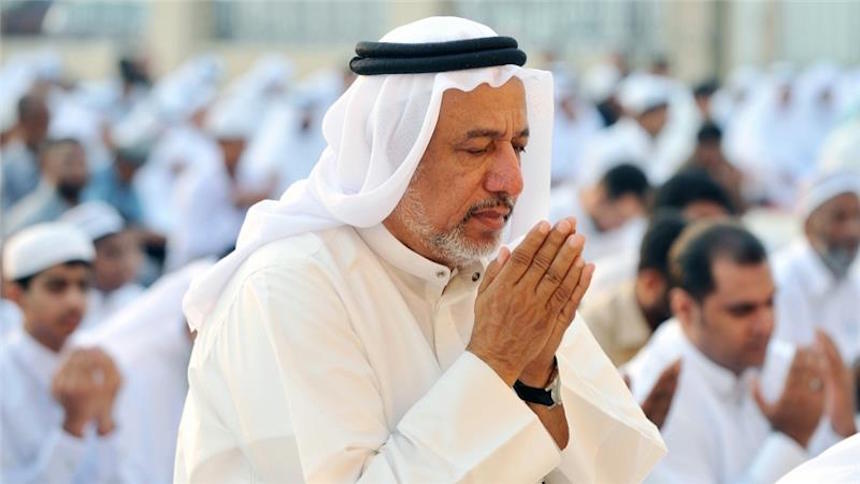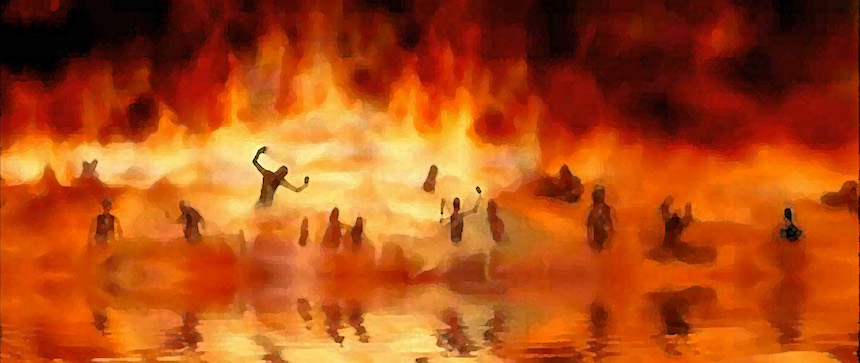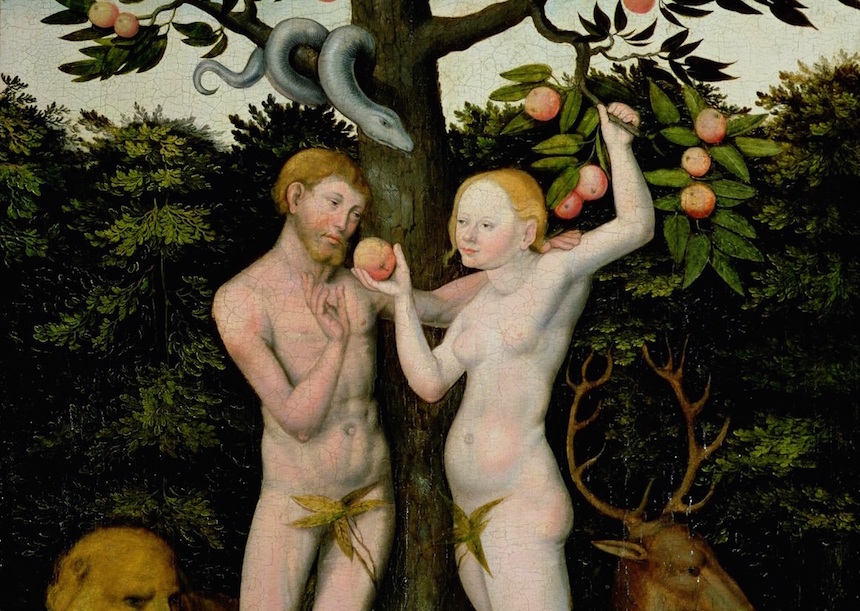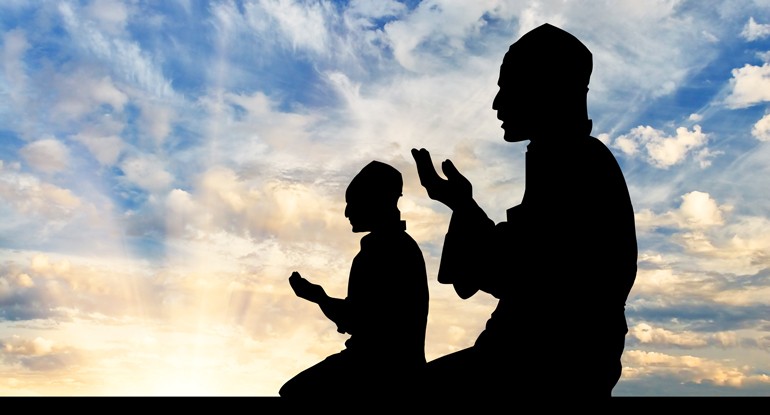Qur’an Cover-to-Cover: Day 10 (“The Angels”)


Today in Atlanta, my friend’s son was baptized and entered into the Body of Christ! However, there’s no rest for the wicked, so here I am writing up today’s text from Qur’an, Surah 35:
Surah 35 – “The Angels” (Fatir)
The chapter begins with a typical set of assertions relating to Allah’s soveignty and the denial of the existence of any other God.
Some interesting things are said about Satan and evil doers. One phrase I really liked was “[Satan] only invites his party to be among the companions of the Blaze”. This is why Satan’s parties are the worst! Ayah 8 affirms that “Allah sends astray whom He wills”, once again suggesting that Muslims believe in double-predestination.











